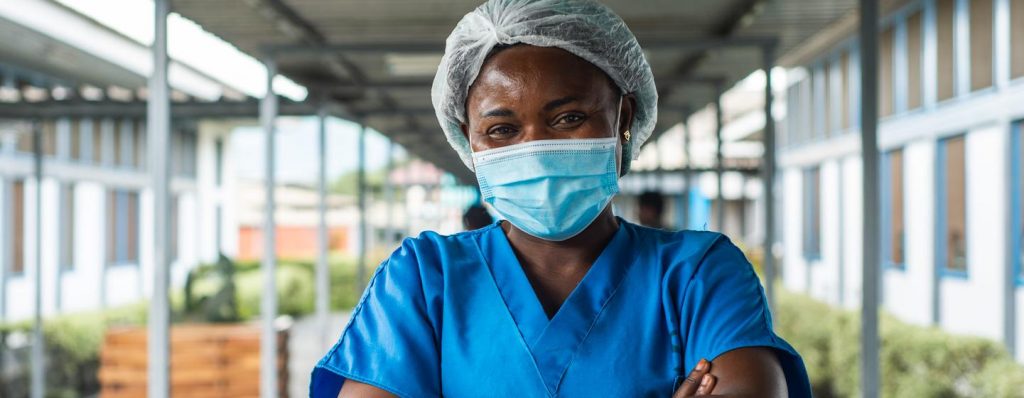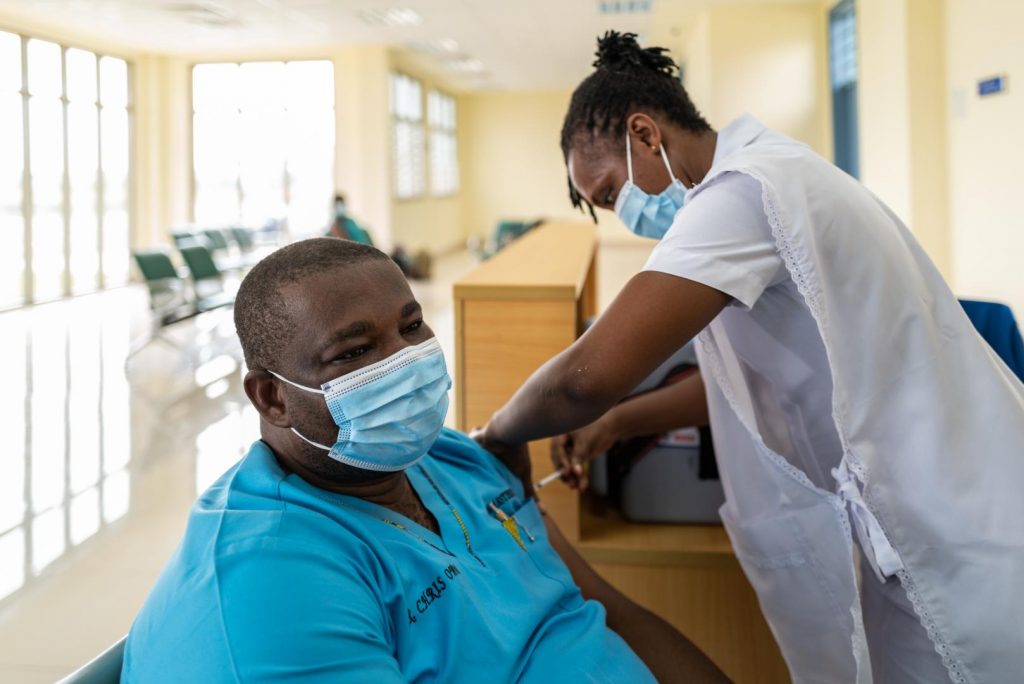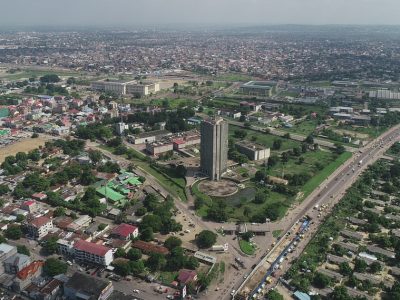After a strong outbreak, the fourth pandemic wave in Africa, fuelled mainly by the Omicron variant, is stabilising, marking the shortest episode to date on the continent…
Dr Matshidiso Moeti, director of the WHO regional office in Africa, said in a statement that “early indications suggest that the fourth African wave has been abrupt and brief but no less destabilising”. The Centre for Infectious Disease Control and Prevention (CDC-Africa) also notes that the number of new cases on the African continent has stabilised, with a limited increase of 2%. Two hypotheses have been put forward to explain the probable decline in the Omicron variant: the immunity acquired during the previous waves of the epidemic and the progress of vaccination campaigns.
A variant that does not cause severe forms

The African office of the World Health Organisation is nevertheless tempering what looks like good news, as the end-of-year holidays may have reduced the number of cases diagnosed. The next few weeks will confirm or deny this trend. Variant identification operations remain insufficient in most African countries, which still account for only 1% of global sequencing operations. 39 out of 54 countries have officially identified the Omicron variant, although its likely wider spread remains poorly circumscribed due to these low testing capacities. Nevertheless, this variant has, as elsewhere, resulted in fewer severe cases than its predecessors in Africa. Hospital systems have not therefore been overwhelmed as they were during the 3rd wave dominated by the delta variant. In some countries, the Omicron wave is no longer a cause for concern, as the number of new infections has already fallen by 14% in southern Africa and 9% in South Africa. In South Africa, where it originated, Omicron still accounts for 95% of new infections, but only 9% of intensive care beds are occupied by Covid patients. Overall, WHO estimates that hospital admissions have remained low on the continent.
10% of adults in Africa fully immunised

In Africa, the problem today is no longer the availability of vaccines, but rather the capacity of each country to deploy vaccination campaigns throughout its territory. To date, eight countries have a vaccination coverage rate of 40%, but just over 10% of the continent’s adults are fully vaccinated, or 136 million people. Only Eritrea has not yet started its vaccination campaign. 20 priority countries have been identified by the World Health Organisation (WHO) to be supported in the roll-out of vaccination. The next official target is to reach 70% of the African population vaccinated by June 2022.
#Covid-19, #Omicron, #Africa, #WHO, #vaccination,
UNICEF / WHO









